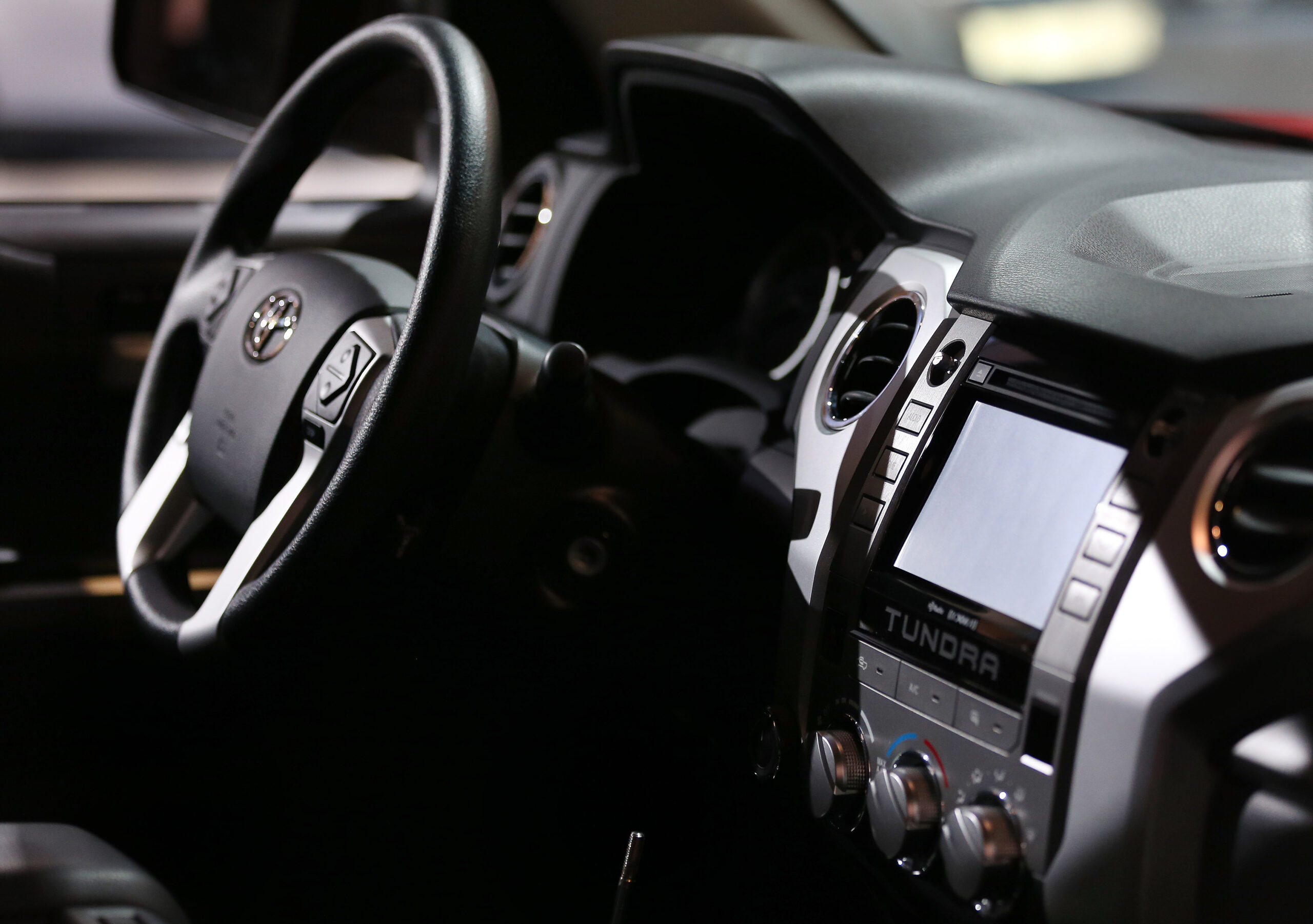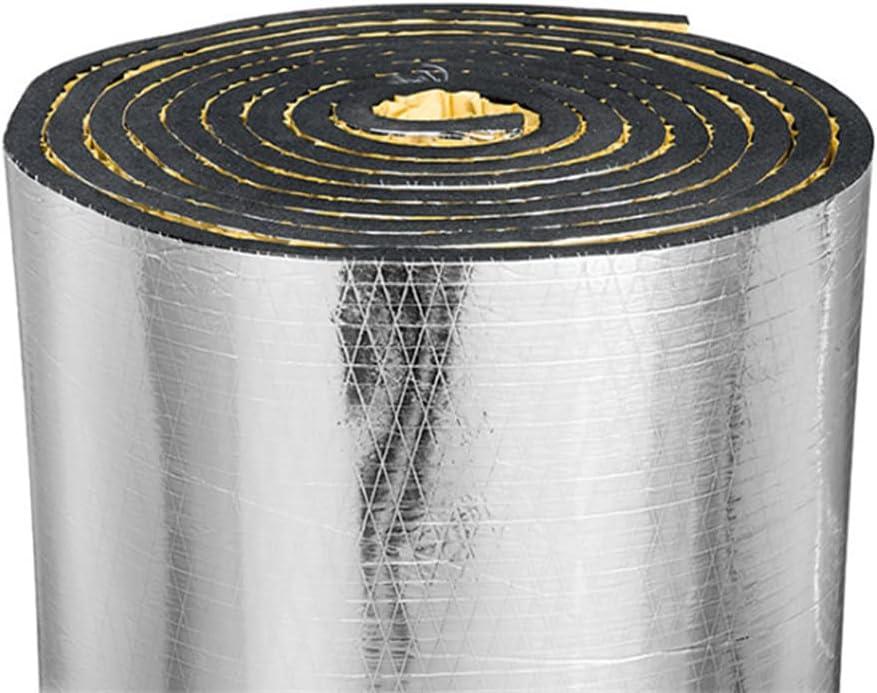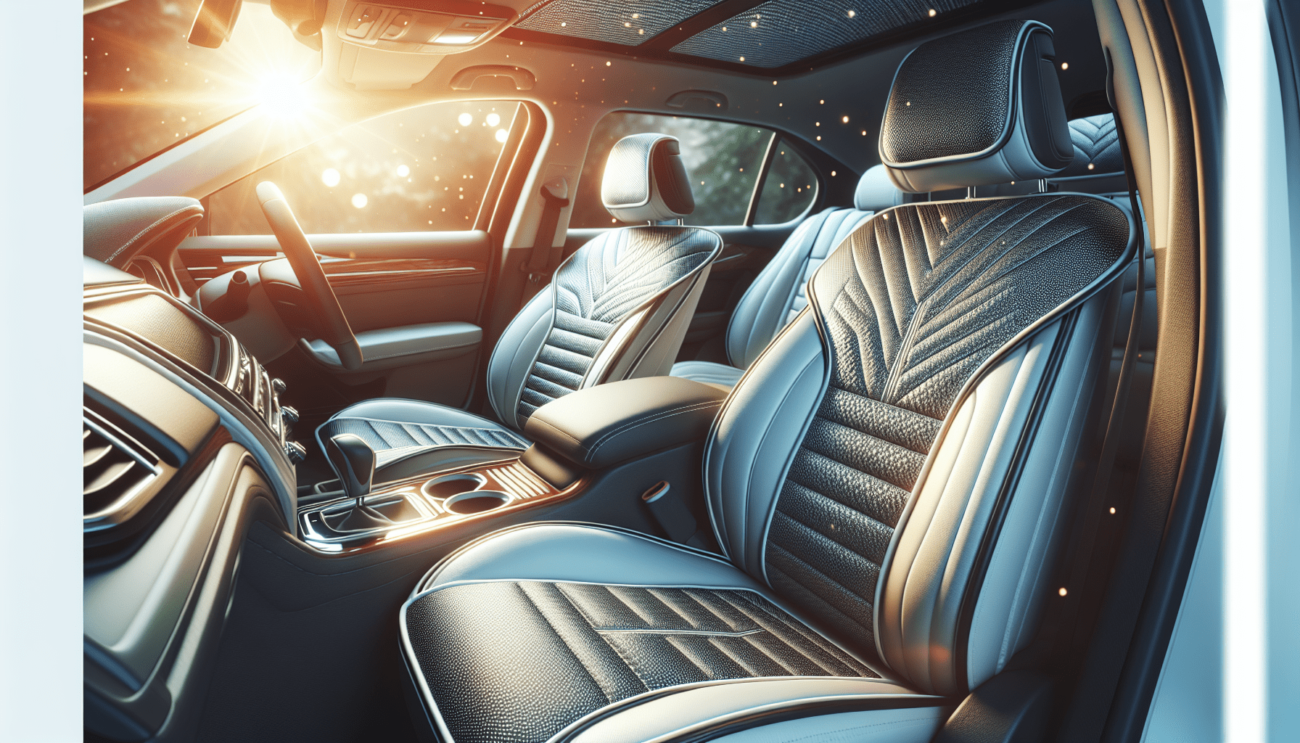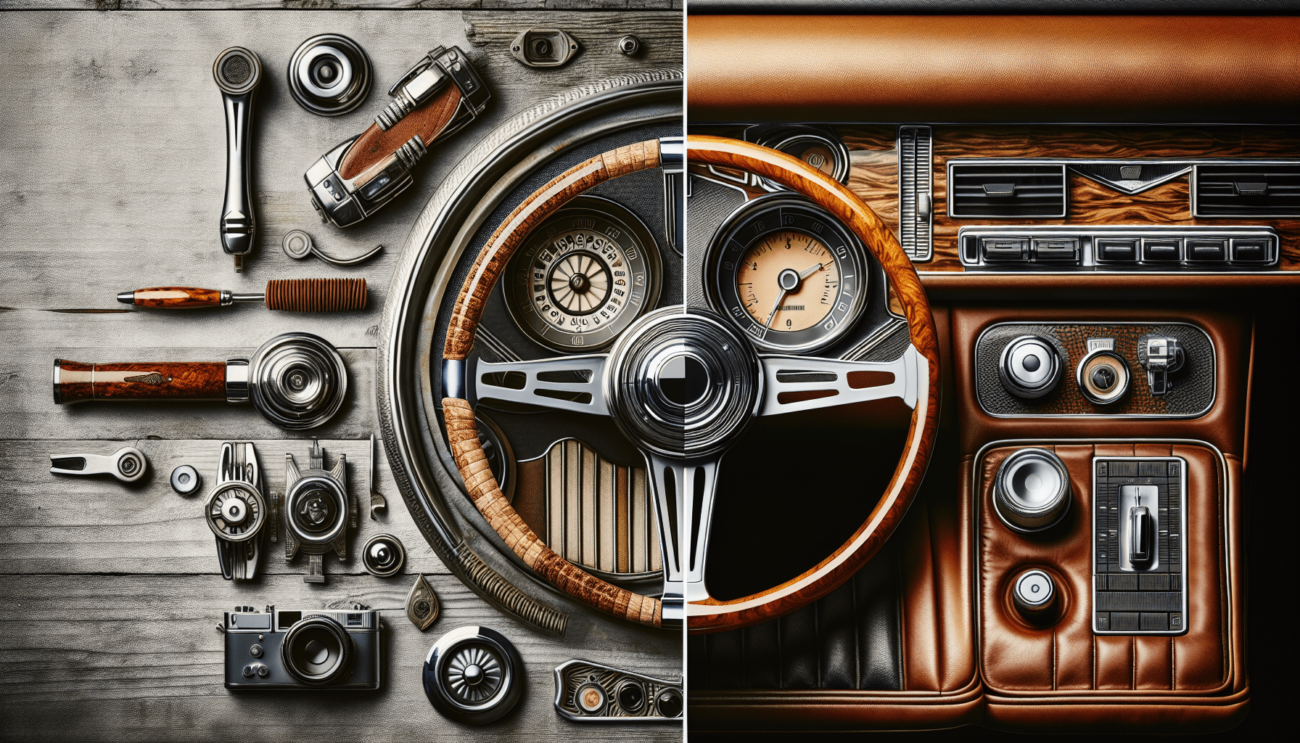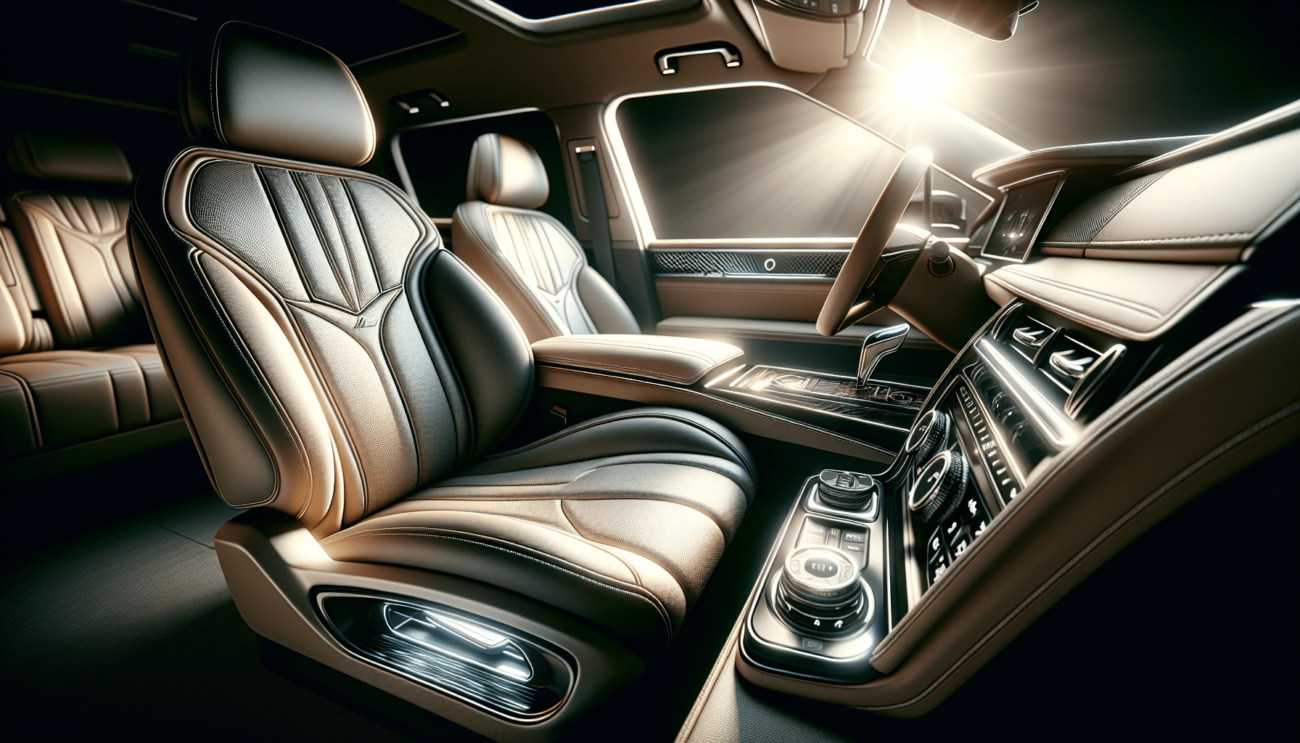Welcome to “The Science Behind Car Interior Comfort,” where you’ll discover how advanced engineering and thoughtful design combine to make your driving experience pleasant and relaxing. You’ll explore everything from ergonomic seat designs to climate control systems, learning how each aspect is scientifically crafted to enhance your comfort. Get ready to appreciate your car’s interior in a whole new way! Have you ever sat in a car and immediately felt welcomed and at ease, but couldn’t quite put your finger on why? If so, you’re not alone. Car interior comfort is an important yet often overlooked aspect of automotive engineering. It plays a vital role in your driving experience. From the quality of the seats to the layout of controls and even the air quality, these factors are meticulously designed to ensure you have a pleasant journey, no matter how long or short it may be. But why is this so important, and how do automakers achieve it?
Welcome to “The Science Behind Car Interior Comfort.”
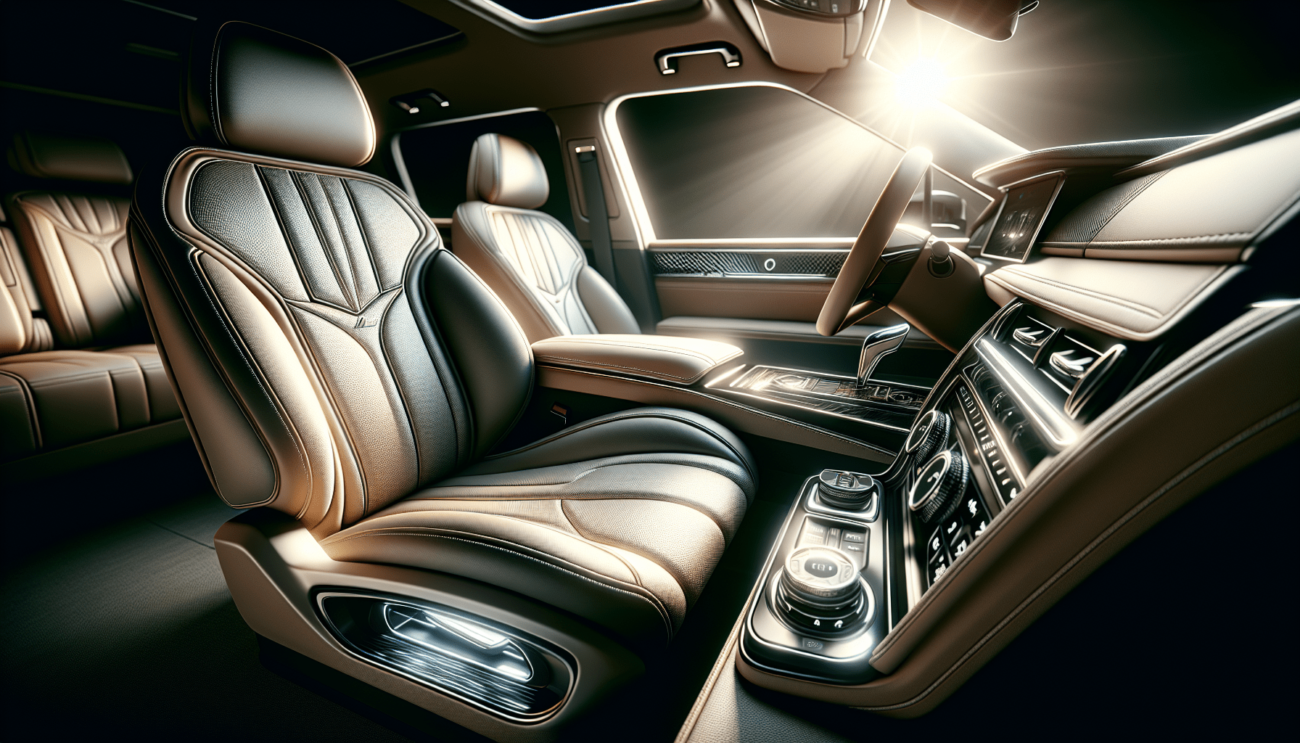
Understanding the Basics
Sensory Perception
The first step in car interior comfort is understanding sensory perception. Your senses are constantly working together to provide a holistic experience. Sight, touch, hearing, and even smell contribute to how comfortable or uncomfortable you feel inside a vehicle.
Environmental Conditions
Factors such as temperature, humidity, and air quality significantly affect your level of comfort. Automakers take these variables into account to create an optimal environment within the car cabin.
Psychological Factors
Your mental state also plays a role in how comfortable you feel. Stress, fatigue, and even your mood can affect your perception of comfort. Automakers aim to minimize negative psychological impacts by designing interiors that promote relaxation and well-being.
The Role of Seat Design
Ergonomics
One of the most critical aspects of car interior comfort is the design of the seats. Ergonomics plays a major role here. Seats are designed to provide optimal support to your spine, reducing fatigue and discomfort during long drives.
Ergonomic Features to Consider:
| Feature | Benefit |
|---|---|
| Adjustable Lumbar Support | Helps maintain the natural curve of your spine |
| Seat Depth Adjustment | Ensures thighs are evenly supported |
| Memory Foam | Adapts to the shape of your body |
| Headrests | Prevents neck strain and whiplash |
Material Selection
The materials used in seat construction are also crucial. Leather, fabric, and synthetic materials each offer different benefits. Leather may feel more luxurious, while fabric is breathable and generally more affordable. Advanced fabrics like Alcantara provide a combination of durability and comfort.
Climate Control
High-end vehicles often come with climate-controlled seats that can be heated or cooled, allowing you to maintain a comfortable temperature regardless of the weather outside.
Vibration and Noise Reduction
Seats equipped with vibration dampening technology can significantly reduce the amount of road noise and vibration you feel, contributing to a more serene environment.
The Importance of Layout and Accessibility
Dashboard Design
The layout of the dashboard and its controls is another crucial element. A well-designed dashboard allows you to access essential controls without diverting your attention from the road.
Touchscreen and Button Placement
Strategically placed buttons and touchscreens make it easier to operate the vehicle’s functions. Some modern cars even feature haptic feedback technology, providing tactile confirmation of your input, reducing the need for visual confirmation.
Common Control Points and Their Ideal Placement:
| Control Point | Ideal Placement |
|---|---|
| Infotainment System | Easily reachable without straining arms |
| Climate Controls | Centrally located for both driver and passenger |
| Light Controls | Within thumb’s reach on the steering wheel |
| Gear Shifter | Positioned for easy and quick access |
Legroom and Headroom
Adequate legroom and headroom contribute significantly to comfort. Whether you’re a driver or a passenger, having enough space reduces cramped feelings and prevents physical discomfort.
Storage Solutions
Accessible storage solutions can also impact your comfort. Compartments for personal items, beverage holders, and even special places for gadgets all make for a more convenient and comfortable journey.
Air Quality and Climate Control
Ventilation Systems
A comprehensive ventilation system enhances air quality by filtering out pollutants and providing fresh air. Modern cars often come equipped with HEPA filters that can remove particulates and allergens from the air inside the cabin.
Temperature Control
Advanced climate control systems offer zonal heating and cooling, allowing different passengers to set their temperature preferences. This feature helps in maintaining a comfortable cabin environment for everyone.
Aromatherapy
Some luxury vehicles come with built-in aromatherapy systems that can release pleasing scents into the cabin, further enhancing the sense of well-being.
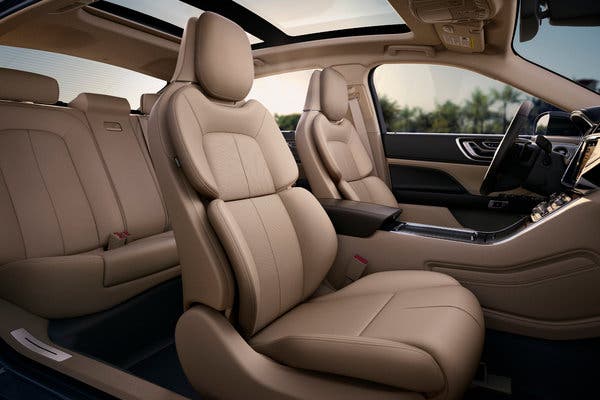
Acoustic Engineering
Sound Insulation
Sound insulation is essential for a comfortable car interior. High-quality insulation materials can block out external noises like traffic and wind, creating a quieter cabin environment. This not only enhances comfort but also makes it easier to enjoy music or have conversations.
Premium Audio Systems
State-of-the-art audio systems contribute positively to the overall comfort by offering high-quality sound reproduction. Brands like Bose, Bang & Olufsen, and Harman Kardon provide premium audio experiences in many high-end vehicles.
Key Audio System Features:
| Feature | Benefit |
|---|---|
| Multiple Speakers | Surround sound experience |
| Subwoofers | Enhanced bass for richer audio |
| Customizable EQ | Ability to adjust sound settings to your preference |
| Noise Cancellation | Reduces ambient noise for clear audio clarity |
Advanced Technology and Automation
Driver Assistance Systems
Modern cars come with an array of driver assistance systems aimed at enhancing safety and comfort. Lane-keeping assist, adaptive cruise control, and automatic emergency braking are just a few examples. These systems reduce the cognitive load on the driver, contributing to a more relaxed driving experience.
Infotainment Systems
Advanced infotainment systems provide a range of features that make your drive more enjoyable. From navigation to streaming music and even integrating with your smartphone, these systems offer a host of conveniences at your fingertips.
Voice Control
Voice control allows you to operate many vehicle functions without taking your hands off the wheel or your eyes off the road. This feature adds another layer of convenience and safety.

Lighting and Ambiance
Ambient Lighting
Ambient lighting is an often-overlooked aspect of car interior comfort. It can set the mood and make the cabin more inviting. Many high-end vehicles allow you to customize the color and intensity of the ambient lighting.
Functional Lighting
Beyond aesthetics, functional lighting such as reading lights and illuminated buttons make it easier to perform tasks within the car. Intelligent lighting systems that adapt to driving conditions can also reduce eye strain.
Upholstery and Interior Finishes
Quality of Materials
The quality of materials used in the interior finish significantly affects comfort. Soft-touch plastics, padded surfaces, and premium trims like wood or carbon fiber contribute to a more luxurious feel.
Comparison of Upholstery Materials:
| Material Type | Comfort Level | Durability | Maintenance |
|---|---|---|---|
| Leather | High | High | Requires regular conditioning |
| Fabric | Moderate | Moderate | Easy to clean, breathable |
| Synthetic | Varies | High | Low maintenance |
| Alcantara | High | High | Easy to clean and durable |
Customization Options
Many vehicles offer customization options that allow you to choose the materials and finishes that best suit your preferences. Customizable interiors can provide a sense of personal satisfaction and make the space feel uniquely yours.
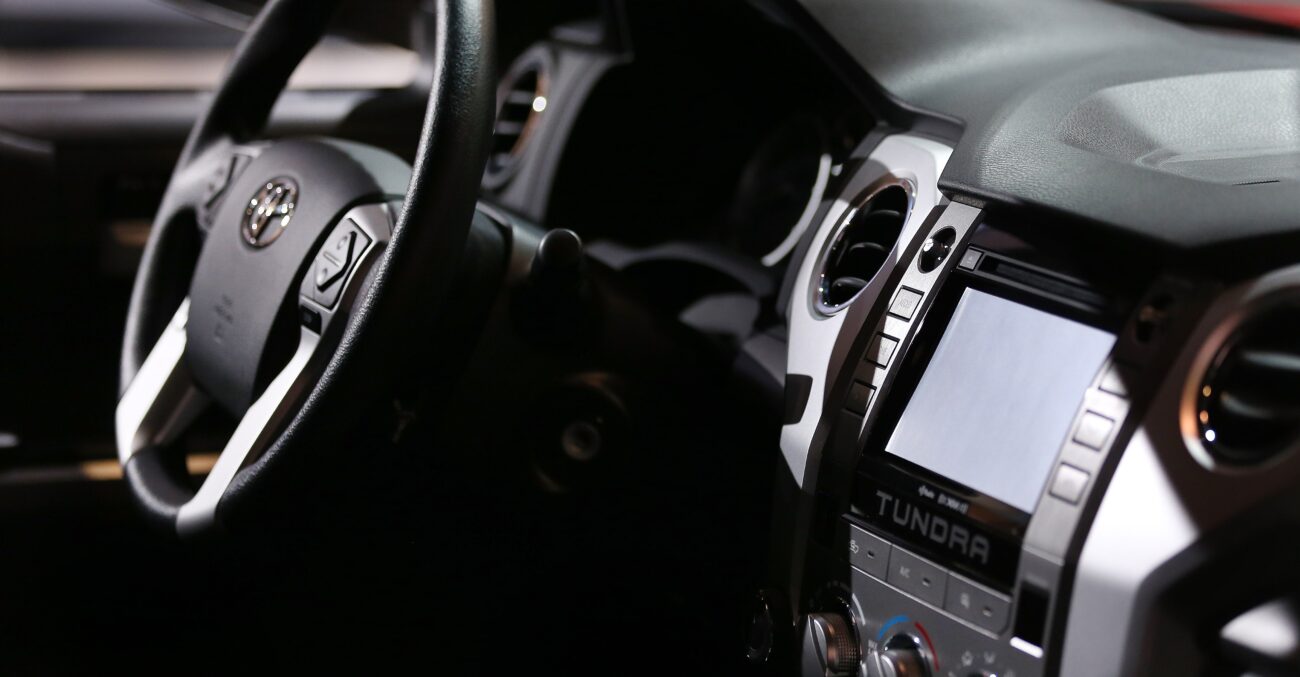
Psychological Comfort
Color Schemes
The color scheme of a car’s interior can have a profound psychological impact. Neutral colors like black, grey, and beige often induce a sense of calm and safety. On the other hand, brighter colors like red or blue can energize and uplift your mood.
Texture and Feel
Textures play a role in how comfortable you feel. Soft, plush surfaces are generally more welcoming than hard, unyielding ones.
Personalization
Personalization goes beyond aesthetics. Features like personalized seat settings, customized infotainment profiles, and even personalized ambient lighting can make the car feel like an extension of you.
Health and Wellness Features
Massage Seats
Many luxury vehicles come equipped with massage seats that can provide varying levels of massage intensity. This feature can be particularly beneficial during long drives, reducing muscle fatigue and improving circulation.
Cabin Air Quality
Some cars are now equipped with advanced air purification systems that can monitor and improve air quality inside the cabin, ensuring a healthier environment for all passengers.
Anti-Allergen Materials
Materials treated to prevent allergens can make the car a more comfortable space, especially for those prone to allergies.
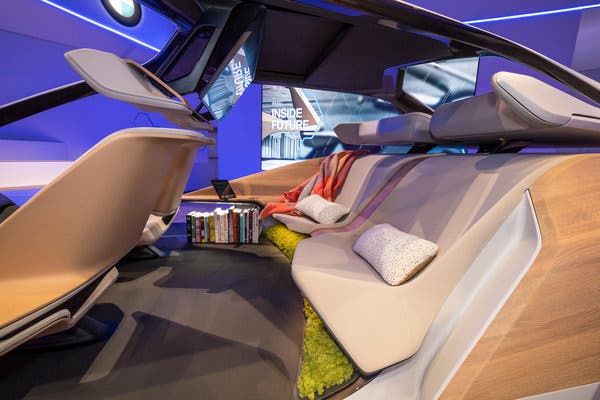
Future Trends in Car Interior Comfort
Autonomous Driving
As we move toward autonomous driving, the car interior is set to transform dramatically. Without the need to focus on driving, the interior space can be reimagined to offer more comfort and leisure options.
Biometric Sensors
Future cars may also include biometric sensors that can monitor your health and adjust the cabin environment accordingly. Features such as seat adjustments, climate control, and even music choices could be personalized based on real-time data.
Smart Fabrics
Advancements in smart fabrics could bring a new level of comfort to car interiors. These materials can adapt to temperature changes and provide optimal comfort regardless of external conditions.
Conclusion
Car interior comfort is a multifaceted aspect of automotive design that combines ergonomics, material science, technology, and psychology. Automakers invest significant resources in understanding how to make your driving experience as enjoyable as possible. From seat design to air quality, noise control to advanced infotainment systems, every element is carefully considered to create an environment where you can feel relaxed and at ease.
So next time you step into your car and feel a sense of comfort wash over you, remember that it’s not just a happy accident. It’s the result of meticulous planning and scientific research aimed at enhancing your driving experience.



